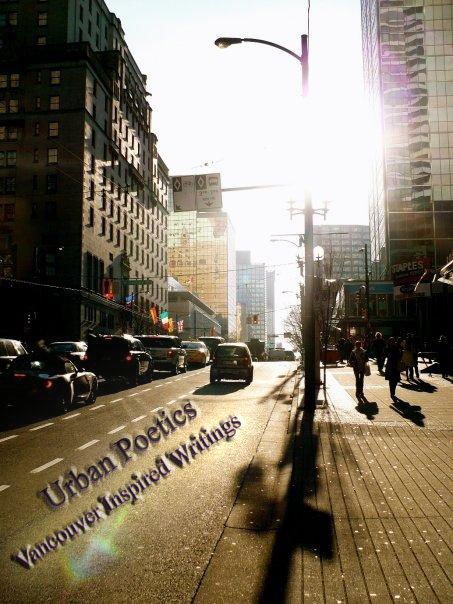Here's an inquiry into our last lecture, as Prof. Kuin discussed the historical transition period to Arnold. I was thinking of posting this on Prof. Kuin's blog, but I think I will see who takes me up on this here before I do so...
Professor Kuin was discussing the effects of the industrialization of literature in the 1800s. He said something along the lines of, the mass production of books as a commodity and source of entertainment opened up a great middle class audience for the reading of literature. Suddenly, he said, women began reading books and literacy became more and more of a cultural norm...this due to the greater development in publishing and also the growth of a class of people who was able to afford this luxury...
I am bringing this up because in lecture this rang a bell. I remember learning in a lecture last year (in my literature class that I constantly speak so highly about) that during the time of the French revolution (about that same time period) in Britain, the aristocracy feared that same sort of revolt from their own people. The French Revolution was instigated (or at the very least, progressed) from the writing and passing around of socio-political literatures (i.e. Rousseau's Social Contract), thereby revealing the controversial powers modern publishing was (and still is) capable of. Rousseau's work, for example, explained how the state is bound by the people, not vice versa. At birth, citizens agree to be bound by the laws of their country of origin by an implied moral contract that entails the state to give to them fair governance and necessities of survival. This doctrine gave the French people "permission" to revolt when the government failed to meet their needs.
The British feared a similar occurence within their own lands, and so it has been said (in my class), that this was at least a partial motivation for the government's support for literary study, the establishment of libraries and formal education centres, where women and children were the first to study literature. The supposed idea is to distract the idle public by feeding them what the government does not necessarily want them searching for; however enabling a sort of surveillance. Simply, the newfound middle class was one that had time on their hands- spare time, which, as shown throughout history, may generate a threat to stability, especially now that there is a new medium of expression available to them. By encouraging the study of fiction, past writings, etc. it made writing into stable entertainment, or distraction.
This is not to say that the British government had bad or wrong intent, or that perhaps the true cause was not a mix of things- but it's an interesting idea.
Look around your English classrooms, at who is in them.
I believe that women are still the majority group that is traditionally "oriented" towards the study of English literature, or at least are still the largest market for it. Do we see the paths of the past when we go to school? (with exceptions, or course, like our class, perhaps...)
Subscribe to:
Post Comments (Atom)


2 comments:
Hello Fanny!
Yes, that is me! Were you in class today? I guess I am having trouble recognizing you among the faces...
Sabrina
Stephanie, let me ask you something:
why is it that woman are more prevalent in learning institutions?
Post a Comment